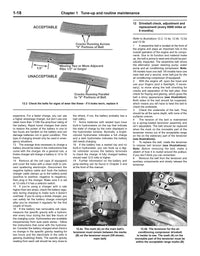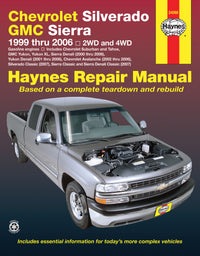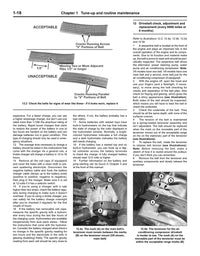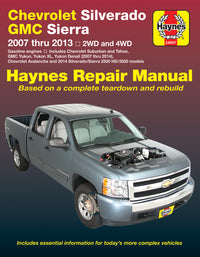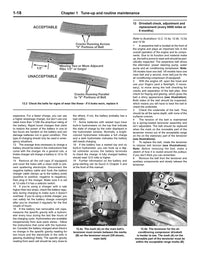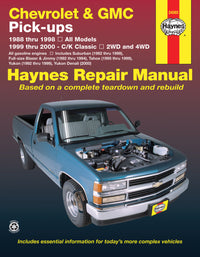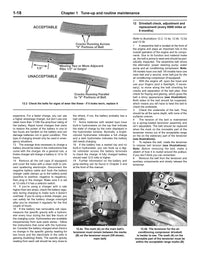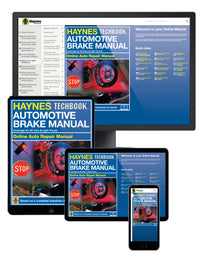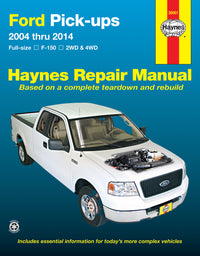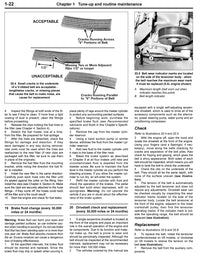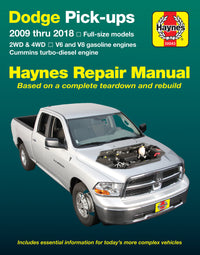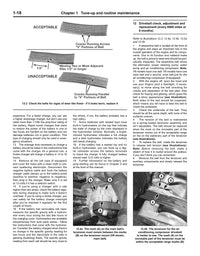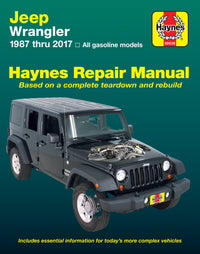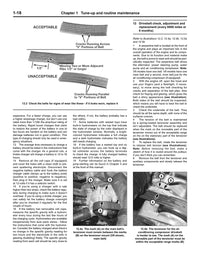Are winter tires worth it?
Many people think because their car has all-wheel drive, or traction control, or anti-lock brakes, that they no longer need to buy winter tires for use when the weather gets cold and snow is likely. Those people are wrong. Even though all-season tires are about 100 times better than they were 30 years ago, and modern cars have all sorts of systems to optimize traction, you still should change to dedicated winter tires. All-season tires just can't compare to 'snow' tires when braking, turning or accelerating on low-traction surfaces such as snow or ice.
One common misconception regarding winter tires is that they only work in snow and icy conditions. This is not the case. Winter tires are designed to work better in temperatures below 45 degrees Fahrenheit (7 Celsius), not just when dealing with snow and ice. As such, winter tires are made using a much softer rubber compound (with a higher silica content) that remains flexible during colder temperatures and in wet conditions. A softer tire may wear faster, but it grips the road better because it conforms to the irregularities it is rolling on.
The tread pattern of dedicated winter tires is a design visibly different to that of a ‘summer’ tire too. There are many more tiny lines, called sipes, in a winter tire, which help grip ice. Its design is also specifically engineered to clear snow, slush, ice, and water much more efficiently. Even if you have enough grip to start moving with all-season tires, they can quickly become packed with snow to the point where you suddenly lose grip.
Check your tire tread depth with the coins in your pocket
The results of a winter-specific tread pattern and soft compound combine to mean far more grip is available for both braking and steering. Often, people only think about the trouble of getting moving in the first place in slippery conditions, but forget about the need for braking and turning. The increased grip from winter tires makes the car much more predictable, and therefore safer, for drivers in colder, wetter conditions.
While not currently a legal requirement in the US, winter tires are recommended, particularly in northern states. Some experts believe a law could come into force in some states in the future, because winter tires are already required in parts of Canada and for many European countries. Winter tires are easily identified by a special ‘snowflake’ or ‘snowy mountain top’ icon stamped into the sidewall.
Can winter tires be used all year? Winter tires are fantastic during the colder months, but they are not really suited for the summer and will wear quickly. Summer tires, or 'all-seasons', will perform much better when the temperatures are warmer and the roads are dry. Save your sticky performance tires, and fancy alloy wheels for the summer, and parts of spring and fall. If you live in an area where the temps get below freezing often in winter months, the best thing to do is buy a dedicated set of wheels for the winter and mount winter tires to them. This may seem like an unnecessary expense, but a set of used steel wheels that fit your car is probably less than the cost of paying a tire shop to swap the tires on the rims, and back off again, for one year of winter driving.
How all-season tires work
It only takes a small amount of snow on the ground to pack an all-season tire to the point where it has no traction, like the one in the picture at left.
All-season tires are what most cars come from from the factory, except for sports cars, and some others that offer a summer-only tires package. These types of tire have higher silica content than summer tires and a more open tread pattern than the almost racing slick like summer sport tires. They are designed to be able to use year-round, but that doesn't mean you should do that. At the very least, in the "snow belt" or if driving into the mountains, you should carry tire chains in the trunk and know how to put them on.
All-season tires are unlikely to be as good as winter tires during the colder temperatures, and are unlikely to be as good as summer tires during the warmer months on a twisty road or race track. In the winter, you probably won't notice much difference between a good all-season tire and a dedicated winter tire in normal driving on a dry road. But, in an emergency, when you suddenly find yourself on a patch of black ice, spending the money on winter tires could save your life, or at least a hefty bill at the body shop.
How winter tires work

Winter tires are softer rubber and have thousands of little edges to grab ice and snow when other tires would just slip, as you can see in the tech picture at left.
There really is no comparison in the amount of grip you have with winter tires on a compromised, low traction surface, like snow or ice. The tire experts at The Tire Rack did some very good comparison videos on ice, and also snow, with all-season and winter tires. Buying and mounting a set of dedicated winter tires can mean the difference between stopping for a red light, or sliding 20ft into the intersection, or sliding off into a ditch instead of negotiating a turn at 25 mph in the snow. Even if you don't get into an accident, dedicated winter tires can mean the difference between getting to work on time (or home from work), or not getting to work at all when you can't even get the car off the driveway.
Why do winter tyres work? The treads on a winter tire look different because they are different. There are larger open areas designed to eject snow, instead of letting it build up. The jagged, sawtooth design of the tread blocks is meant to bite into soft snow better. Sipes, thousands of little cuts, provide a huge number of edges to grab and dig into glare ice and keep your car planted. In snow and ice prone areas you can often get siping done to whatever tires you have already, which makes them better but still nowhere near as good as the factory-engineered tread designs of snow and ice tires. But are winter tires good in rain? If the temperature is at or below 45F, then yes, they'll be as effective as all-season tires when you're driving on wet roads.



